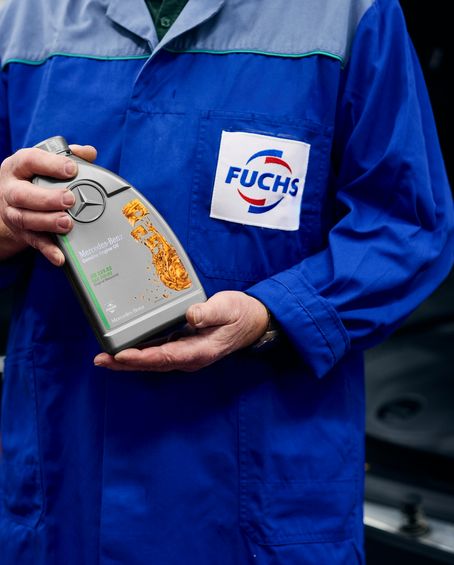Oil specifications – put the pieces in the right place
ACEA, API and OEM requirements. It’s all about oil specifications. In other words, requirements that are important, but sometimes perceived as awkward. But it is possible to meet these requirements, while also simplifying handling and saving costs. The key to success is to put the pieces in the right place!
For haulage firms or bus companies with large fleets of vehicles, oil specifications are an everyday occurrence, and concepts like OEM, ACEA and API are commonplace. API is the American system, while ACEA is for engines manufactured in Europe. These are the basic requirements which OEMs then complement with additional demands and their own approval processes. OEMs (Original Equipment Manufacturers) are companies like Volvo, Scania, MAN, Mercedes-Benz and Iveco. For heavy diesel engines, ACEA’s E class oils with accompanying OEM requirements apply – and this is what this blog focuses on.
CAN THEY DO THE JOB?
Put simply, the specifications give the quality of the oil, i.e. the requirements it needs to meet to do the job in the engine. And that job is to safeguard the engine’s useful life, and minimise wear and unnecessary stoppages. The job may also relate to low fuel consumption, and consequently minimising emissions.
EMISSION REQUIREMENTS GOVERN ENGINE DEVELOPMENT
The number of specifications and the demands on motor oils have increased over the past 20 years or more. And what’s more, each new specification has also become more comprehensive. The reason for this is essentially that OEMs face increasingly strict emission limitations. Engine constructions have consequently changed, and new equipment has been developed that can minimise emissions of particles and nitrogen oxides. This in turn tightens demands on the engine oils and the users, who must make sure that the right oil is used so that the fleet of vehicles and machinery can be maintained in the best possible way.
THE RIGHT THING IN THE RIGHT PLACE
In addition to API, ACEA and OEM requirements, there are also special requirements on gear and transmission oils. This makes the whole situation even more complex, and it is vital not to gamble and choose the wrong oil. Unplanned stoppages are something hauliers and bus companies want to avoid. Using the wrong oil and damaging the engine or shortening the life of a particulate filter is also a serious issue, one that could lead to hundreds of euros in repair costs. So they key is to put the pieces in the right place.
SIMPLER, CHEAPER, BETTER
Place demands on your lubricant supplier and get help clarifying how the specifications relate to each other. Are there overlaps which mean you can reduce the range? Are there any universal oils that meet the requirements but can replace several products, perhaps prolong the drain interval, simplify handling and reduce costs?
A professional review makes a difference, and a reduction of 10–20% in the range is not unusual. Having fewer products makes purchasing and stock management simpler, and paves the way for savings. And once the volumes for a product increase, it may even be possible to start using automatic monitors, which will also simplify ordering and purchasing Having fewer products also reduces the risk of refilling with the wrong oil, which can be expensive. So don’t hesitate – ask for help to complete the puzzle and put the pieces in the right place! You have so much to gain. By Morten Herregården
Find TITAN product suitable for fleet, truck or bus: https://www.fuchs.com/za/en/brands/s-z/titan/



